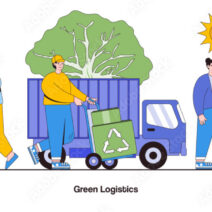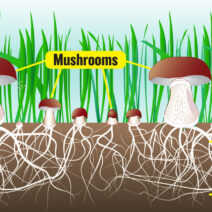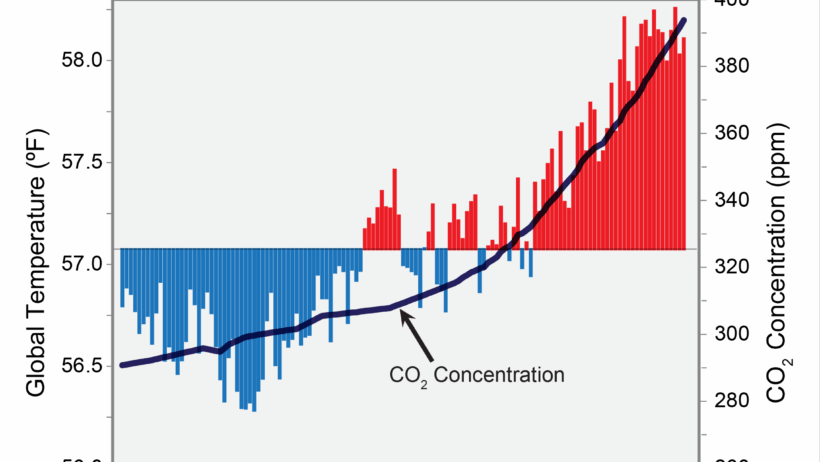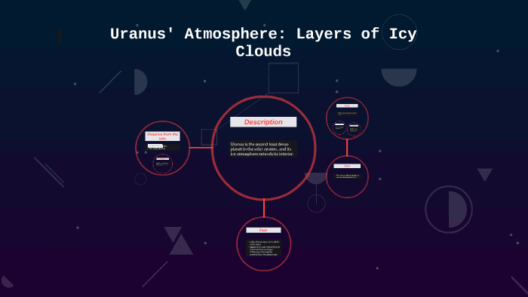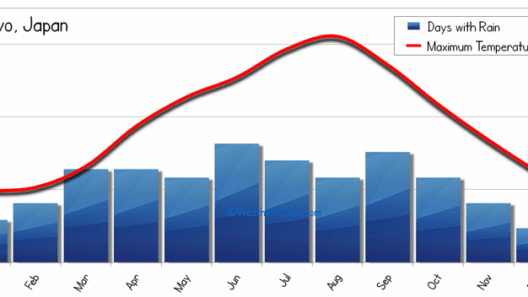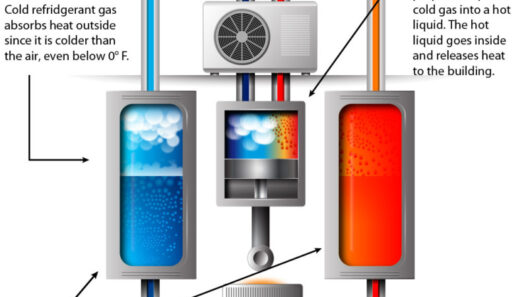In the vast lexicon of environmental discourse, the terms “global warming” and “climate change” often loom large, like two colossal mountains casting their shadows over the glaciers of public understanding. Both terms are frequently employed interchangeably in popular media, yet they encapsulate distinct phenomena that merit precise delineation. Understanding the nuanced differences between these concepts is pivotal for fostering a comprehensive awareness of the environmental challenges confronting humanity.
At its core, global warming refers specifically to the observed increase in the Earth’s average surface temperature due to the rise of greenhouse gases in the atmosphere, primarily resultant from human activities such as burning fossil fuels, deforestation, and industrial processes. This incremental temperature elevation—like a slow and relentless tide—has been mounting since the late 19th century, particularly post-Industrial Revolution. The undeniable data reveals a trajectory that is alarming: average global temperatures have surged by approximately 1°C (1.8°F) since 1880, a phenomenon evident in the melting of polar ice caps and the distress of coral reefs.
On the other hand, climate change encompasses a broader array of alterations in climatic patterns, including shifts in precipitation, severe and erratic weather events, ocean acidification, and changes in wind patterns. It embodies not merely the warming of our planet but its entire ecological symphony—an intricate dance of atmospheric phenomena influenced by myriad factors, both natural and anthropogenic. Climate change can be perceived as the ever-widening ripple that underscores the consequences of global warming, affecting ecosystems, societies, and economies around the world.
Consider the metaphor of a maestro conducting an orchestra. Global warming is the steady beat of the metronome—constant and quantifiable—while climate change is the symphony itself, a complex interplay of instruments creating harmonies, dissonances, and crescendos. One without the other fails to depict the full narrative of our planetary predicament. The increasing temperatures serve as the impetus, while climate change is the multifaceted outcome, reverberating across geographies and generations.
The distinction between these terms is critical, especially in the realm of policy and advocacy. Policymakers, scientists, and environmentalists often find themselves grappling with the implications of each term. While global warming emphasizes the dire need to mitigate greenhouse gas emissions, climate change urges society to adapt to the varied impacts of altered climatic conditions. It becomes evident that the vocabulary used significantly influences public perception and, subsequently, action. A well-informed populace is imperative for cultivating robust, proactive strategies aimed at combatting these pressing issues.
Furthermore, the divergence in terminology unveils the psychological nuances surrounding climate science. The term “global warming” can evoke unease due to its implication of rising temperatures, while “climate change” may create a false sense of neutrality or gradualism. The latter, with its broader implications, can inadvertently soften the impending sense of urgency. It is vital to communicate effectively to galvanize public engagement and foster a collective response to this existential challenge.
The phenomenon of climate change manifests itself through a cauldron of consequences: rising sea levels threatening coastal communities, intensified droughts haunting agricultural heartlands, and erratic weather patterns rendering seasons unpredictable. The tipping points—those critical thresholds beyond which irreversible changes occur—highlight the urgency of addressing both global warming and climate change with fervor. Scientists warn that we may be teetering on the brink of surpassing 1.5°C of warming, a threshold that could unleash catastrophic impacts on biodiversity and humanity alike.
Moreover, the discourse surrounding these terms has a significant socio-political dimension. Disparities in vulnerability are evident, with developing nations often bearing the brunt of climate change consequences despite being less responsible for greenhouse gas emissions. The climatic injustices necessitate a reevaluation of responsibilities and a global commitment to equitable solutions. Acknowledging these disparities is crucial for crafting policies that embrace justice and sustainability.
In the arena of public sentiment, engagement hinges on effective messaging that transcends scientific jargon. The articulation of climate narratives—stories that resonate with individuals and communities—possesses the potential to harness collective action. Relatable narratives about the impacts of climate change on daily lives can serve as powerful catalysts, uniting disparate groups in their shared concern for the planet.
As we grapple with the implications of global warming and climate change, it becomes increasingly crucial to navigate the intricate landscape of these interrelated phenomena. Policymakers must adopt a dual approach, recognizing the need to mitigate emissions while simultaneously developing adaptive strategies in anticipation of continued climatic shifts. Education and advocacy play equally vital roles in this endeavor, as informed citizens can drive transformative change from the ground up.
In conclusion, while global warming and climate change are terms frequently used in tandem, their distinctions are paramount in understanding the full scope of the environmental crisis at hand. It is incumbent upon society to embrace both the scientific rigor behind these concepts and the urgency they evoke. Only through this comprehensive comprehension can we hope to forge a sustainable future—a harmonious symphony that resonates across the globe, uniting us all in the quest for a more equitable and resilient planet.
